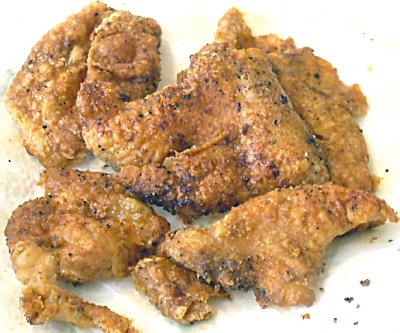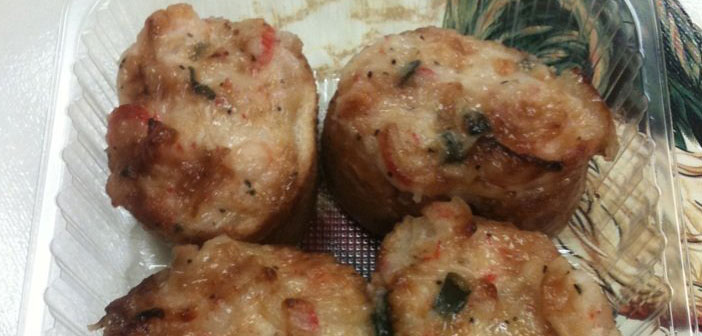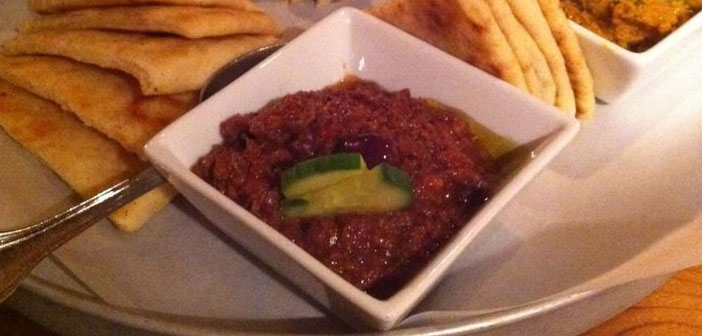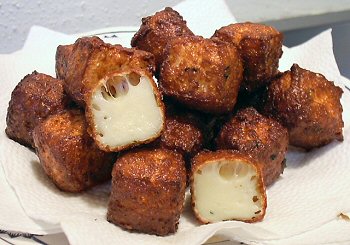How Does Social Media Affect Eating Habits?
1. Food Trends and Challenges: Social media platforms are often used to showcase new food trends, challenges, and recipes. Some of these trends may promote healthy eating, while others might encourage excessive or unhealthy consumption of certain foods.
2. Influencer Endorsements: Social media influencers often share their meals, favorite restaurants, and food preferences with their followers. Their recommendations and opinions can influence the food choices of their audience.
3. Peer Influence and Social Pressure: People tend to be influenced by the eating habits of their friends and peers. Seeing others indulge in certain foods can create a sense of social pressure to conform and consume similar items.
4. Marketing and Advertising: Social media is heavily utilized by food companies to advertise their products. Targeted ads and sponsored posts can influence individuals to try new foods or choose specific brands.
5. Body Image and Self-Esteem: Exposure to idealized body images and unrealistic beauty standards on social media can lead to body image concerns and disordered eating behaviors. Some individuals may restrict their food intake or adopt extreme diets in pursuit of a certain appearance.
6. Emotional Eating: Social media usage, especially excessive scrolling and comparison with others, can contribute to stress and anxiety. Emotional eating, as a coping mechanism, may lead to overconsumption or unhealthy food choices.
7. Distracted Eating: Engaging with social media while eating can lead to distracted eating patterns. Individuals may not pay full attention to their food, leading to overeating or mindless consumption.
8. Sleep Disruption: Excessive social media use before bedtime can disrupt sleep patterns. Sleep deprivation can affect hormone regulation, appetite control, and the ability to make healthy food choices.
9. FOMO (Fear of Missing Out): The constant stream of information and social interactions on social media can create a fear of missing out on new food experiences or popular dining establishments. This can lead to impulsive or excessive eating to keep up with trends.
10. Misinformation: Not all information shared on social media about nutrition, diets, and health is accurate. Misinformation and false claims can negatively impact eating habits and lead to poor food choices.
To foster healthier eating habits, individuals should be mindful of the influence of social media, critically evaluate the information they encounter, and prioritize balanced nutrition and well-being over external pressures.
-
FRUITLESS FRUIT LEATHER
SOOBEES FRUITLESS FRUIT LEATHER1/2 cup cool tap water3/4 cup granular
-
QUICK NACHO CHEESE DIP
QUICK NACHO CHEESE DIP2 slices Deluxe American cheese, torn in pieces2
-
STRAWBERRY PROTEIN SMOOTHIE
STRAWBERRY PROTEIN SMOOTHIE2 scoops whey protein powder, vanilla flavo
-
RITZY CRACKERS
NANCYS RITZY CRACKERS3/4 cup almond flour, 3 ounces1/4 cup Carbquik ba
-
COCOA COATED WALNUTS
COCOA COATED WALNUTS2 ounces walnuts (about 3/4 cup) *1 egg whitePinch
-
CHOCOLATE LOW CARB NO
CHOCOLATE LOW CARB NO-BAKE COOKIES2 tablespoons unsalted butter 1/4 cu



